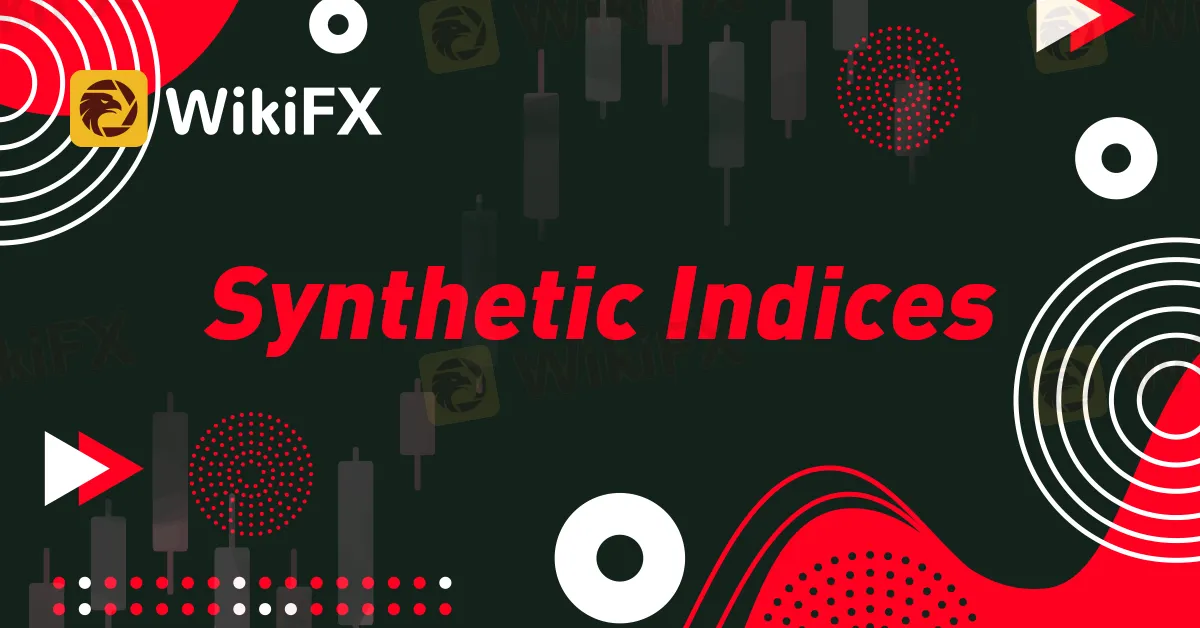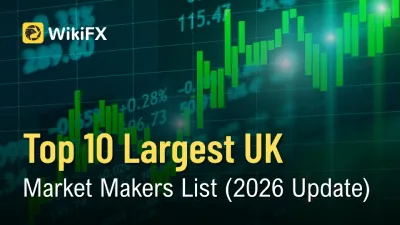Top Forex Brokers Offering Free Demo Accounts
Access demo accounts from top forex brokers. Practice trading risk‑free and explore platforms before investing.
简体中文
繁體中文
English
Pусский
日本語
ภาษาไทย
Tiếng Việt
Bahasa Indonesia
Español
हिन्दी
Filippiiniläinen
Français
Deutsch
Português
Türkçe
한국어
العربية
Abstract: In this article, we will explore what synthetic indices are, how they work, and their role in the forex market.

In the world of forex trading, synthetic indices have been gaining popularity in recent years. This is particularly true in South Africa, where these instruments offer traders an alternative way to speculate on financial markets. In this article, we will explore what synthetic indices are, how they work, and their role in the forex market.
Synthetic indices are a form of financial derivative that tracks the movement of an underlying asset or assets. Unlike traditional indices, which are based on actual stocks or other securities, synthetic indices are created synthetically using algorithms that simulate the behavior of the underlying assets. This means that traders can speculate on the performance of the underlying asset without actually owning it.
One of the main advantages of synthetic indices is that they allow traders to access markets that might be difficult to trade in other ways. For example, some indices are based on commodities, such as gold or oil, which can be difficult to trade directly due to their high costs and volatility. By trading synthetic indices, traders can still gain exposure to these markets without the associated risks and costs.
Another advantage of synthetic indices is that they offer more flexibility in terms of trading strategies. Traders can use synthetic indices to take long or short positions, and they can also use leverage to amplify their returns. This can be especially useful in volatile markets, where traditional investment strategies may not be as effective.
In South Africa, synthetic indices have become increasingly popular in recent years. This is partly due to the fact that they offer traders a way to diversify their portfolios and access new markets. Additionally, the country has a relatively young and tech-savvy population, which has been quick to adopt new trading technologies and strategies.
One platform that has been at the forefront of the synthetic indices revolution in South Africa is WikiFX. Founded in 2014, WikiFX is a leading provider of financial information and trading services. The platform offers a wide range of trading instruments, including synthetic indices, forex, and commodities.
WikiFX's synthetic indices are based on a variety of underlying assets, including stocks, commodities, and cryptocurrencies. Traders can choose from a range of different indices, each with its own characteristics and risk profile. Some of the most popular indices on the platform include the Dow Jones, the S&P 500, and the NASDAQ.
One of the main advantages of using WikiFX to trade synthetic indices is the platform's user-friendly interface. Traders can easily navigate between different markets and instruments, and they can access a wealth of market data and analysis to inform their trading decisions. Additionally, the platform offers a range of educational resources and tools to help traders improve their skills and stay up-to-date with the latest trends and developments in the market.
In conclusion, synthetic indices are a powerful and flexible tool for traders looking to gain exposure to a wide range of markets. In South Africa, these instruments have become increasingly popular in recent years, offering traders a way to diversify their portfolios and access new opportunities. With platforms like WikiFX offering easy access to a wide range of synthetic indices and other trading instruments, it has never been easier to get started in this exciting and dynamic market. If you are interested in learning more about synthetic indices and how they can help you achieve your trading goals, be sure to check out WikiFX today!

Disclaimer:
The views in this article only represent the author's personal views, and do not constitute investment advice on this platform. This platform does not guarantee the accuracy, completeness and timeliness of the information in the article, and will not be liable for any loss caused by the use of or reliance on the information in the article.

Access demo accounts from top forex brokers. Practice trading risk‑free and explore platforms before investing.

Top 10 Largest UK Market Makers: J.P. Morgan, Barclays, BNP Paribas, NatWest Markets, HSBC, Nomura, RBC, Lloyds, Winterflood, and UBS lead FCA/LSE rankings by volume and liquidity. Updated 2026 list.

UK forex starts Sun 22:00 GMT, London session 08:00-16:00 GMT. Ultimate guide to 2026 hours, peak liquidity times, GMT/BST shifts for max profits.

Sundramoorthy said investment scams continued to ensnare victims from all walks of life, including highly educated professionals accustomed to analytical and evidence-based thinking
